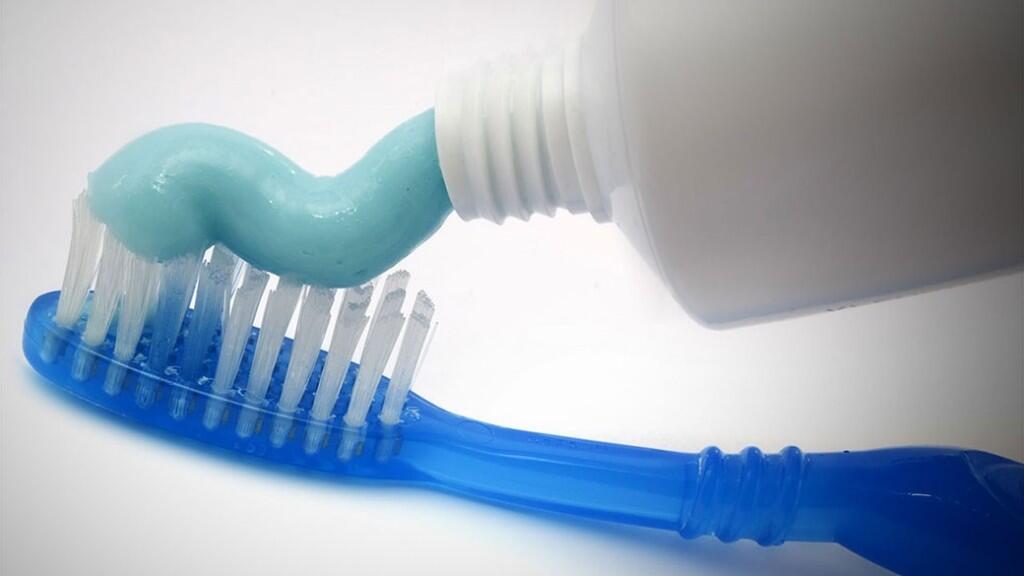Unexpectedly, on September 2, 2016, the Food and Drug Administration (FDA) issued a report stating that the antimicrobial agent, Triclosan, must be banned as an ingredient in soaps and body washes, and its presence is accepted only in toothpastes. This statement is considered illogical by many experts, and brings about a decisive question: Why is Triclosan banned from products that are administered topically, while it is acceptable in oral care products?
FDA’s Vague Elaboration
The director of the FDA’s Center for Drug Evaluation and Research (CDER), Janet Woodcock, said “Consumers may think antibacterial washes are more effective at preventing the spread of germs, but we have no scientific evidence that they are any better than plain soap and water. In fact, some data suggests that antibacterial ingredients may do more harm than good over the long-term.” Some of the many risks of human exposure to Triclosan, that the FDA is considered about, are bacterial resistance to antibiotics, hormonal effects and carcinogenicity, which were suggested by several studies. As a result the FDA asked manufacturers to provide data on the safety and effectiveness of 19 active ingredients used in antibacterial washes (including the most commonly used ingredients, Triclosan and Triclocarban), and to perform clinical studies in order to reach a final conclusion on whether antibacterial washes are capable of reducing and preventing human illnesses and infections. Since the manufacturers did not provide the necessary data that justify the presence of 16 out of the 19 ingredients in their antibacterial washes, they now have one year either to remove their products from the market, or to remove the antibacterial active ingredients from their washes.
Why in Toothpastes?
Rolf Halden, the director for environmental security at the Biodesign Institute at Arizona State University, who has tracked Triclosan for years said, “We put soap on our hands, and a small amount gets into our body, but through the gums chemicals get rapidly absorbed into the bloodstream.” So, why Triclosan is still allowed in toothpastes?
The FDA’s spokeswoman, Andrea Fischer, stated that Triclosan in toothpastes inhibits the development of plaque and gingivitis; she added by saying, “Based on scientific evidence, the balance of benefit and risk is favorable for these products.” Yet, the fact that a single toothpaste brand out of all the brands marketed in the United States contains Triclosan, raised several questions. Therefore, the spokesman of the company that manufactures the Triclosan-containing toothpaste, had to clarify the issue for New York Times magazine, and claimed that when the company wanted approval to use Triclosan in 1997, it conducted a comprehensive evaluation of human safety including carcinogenicity, eye and skin irritation, in addition to reproductive, developmental, short-term and long-term toxicity of Triclosan as part of its new drug application, and the company’s spokesman alleged, “The full weight of scientific evidence amassed over 25 years continues to support the safety and efficacy of our toothpaste”. And here, another question is raised: If Triclosan is safe and poses no health risks, then why was it banned from antibacterial washes?
The Debate Continues…
The FDA states that the antimicrobial agent “Triclosan” is found in many consumer products such as toothpastes, antibacterial soaps, body washes, some cosmetics, etc., which are regulated by it. Adding to this, the Environmental Protection Agency (EPA) regulates the use of Triclosan as a pesticide and as a preservative for toys, toothbrushes, clothing… Therefore, we can now expect the immense human exposure to this chemical, and this raises health concerns especially when it comes to long-term human exposure.
The most intriguing aspect of this issue is the FDA’s response to the demands of experts to regulate antimicrobial chemicals, after all the serious risks that studies have shown, especially when it comes to causing hormonal imbalances in children and drug-resistant infections. This is because the FDA deviated people’s attention from the health effects of Triclosan, by arguing whether or not Triclosan adds value to the consumer product it is included in. In other words, people do not need toothpastes that prevent plaque and gingivitis on one hand, and cause serious health effects on the other.
.











